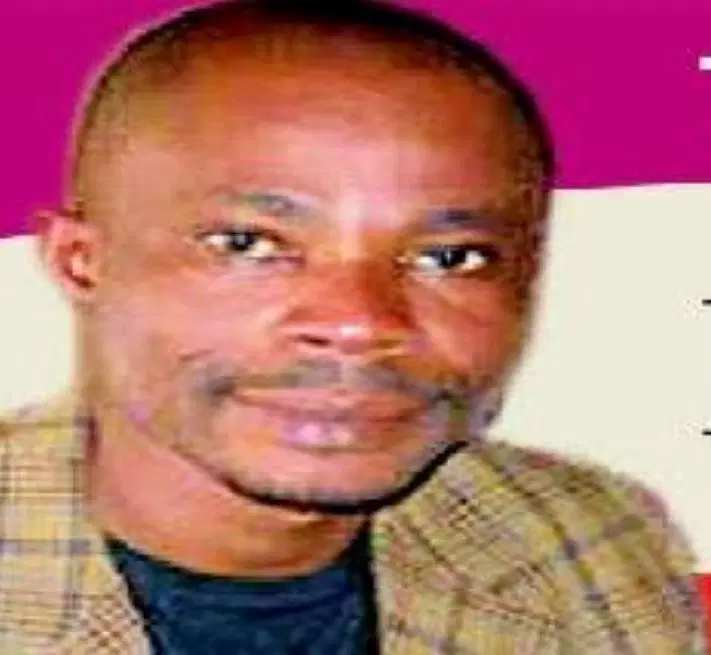Nnamdi Kanu, the self-proclaimed self-determination agitator, operates more like a separatist leader than an activist. His vision of Biafra not only seeks independence from Nigeria but also promotes a complete disconnect from other ethnic groups. While he expands his map of Biafra beyond the South-East to include parts of the South-South and even areas in Benue and Kogi states, his rhetoric suggests an outright rejection of Yoruba, Hausa, and Fulani affiliations.
Despite identifying as a Judaist, Kanu has criticized Igbo people who attend churches led by Yoruba pastors. His agitation is not just about political autonomy—it is rooted in a sense of superiority, portraying the Igbo as a people who must dominate rather than coexist. His organization thrives on propaganda, distorting Nigerian history to fit his narrative of Igbo exceptionalism while vilifying other ethnic groups.


A One-Track Mind Fueled by Propaganda
Kanu’s rhetoric is aggressive and divisive, portraying the Igbo as perpetual victims while dismissing the role of Igbo leaders in Nigeria’s political landscape. His propaganda machine was responsible for the widely debunked claim that former President Muhammadu Buhari had been replaced by a Sudanese clone, Jibril Al Sudan. Despite scientific evidence disproving this absurdity, Kanu and his followers persisted, fueling unnecessary tension.
His influence extends beyond rhetoric to outright defiance of state authority. In Justice Binta Nyako’s court, his conduct was nothing short of contemptuous, with baseless claims of judicial corruption and disrespect towards the legal system. His behavior in court showcased his arrogance and unwillingness to abide by due process.


The Making of a Self-Styled Ruler
Before his 2017 escape while on bail, Kanu had built a personality cult, operating from his Afaraukwu residence in Abia State like a sovereign leader. His followers treated him with reverence, while he openly challenged the authority of the Nigerian state. His separatist ideology and hostility toward government institutions led to direct confrontations with security forces, culminating in the military’s Operation Python Dance in the South-East.
Kanu’s return from exile was not for peaceful agitation but to actively incite unrest through his broadcasts on Radio Biafra. His extraordinary rendition back to Nigeria was a result of his own recklessness, as he failed to grasp the consequences of his actions.

The Path Forward: Political Solution or Endless Conflict?
The Igbo, like any other ethnic group in Nigeria, have the right to self-determination. However, Kanu has monopolized this cause, dictating terms that fuel division rather than unity. The unrest in the South-East, exacerbated by the actions of IPOB and the Eastern Security Network, has made governance difficult in the region.
A political solution to his case may be necessary, especially in response to calls from South-East leaders. However, it cannot be dictated solely by Kanu’s demands. His refusal to accept judicial proceedings, with multiple recusal requests against judges, raises the question: how many more judges will he reject before facing justice?
Conclusion
Kanu’s agitation has long ceased to be about self-determination—it has become a personal crusade built on propaganda, defiance, and a dangerous superiority complex. His release, if considered, must come with conditions that prioritize peace over chaos.




